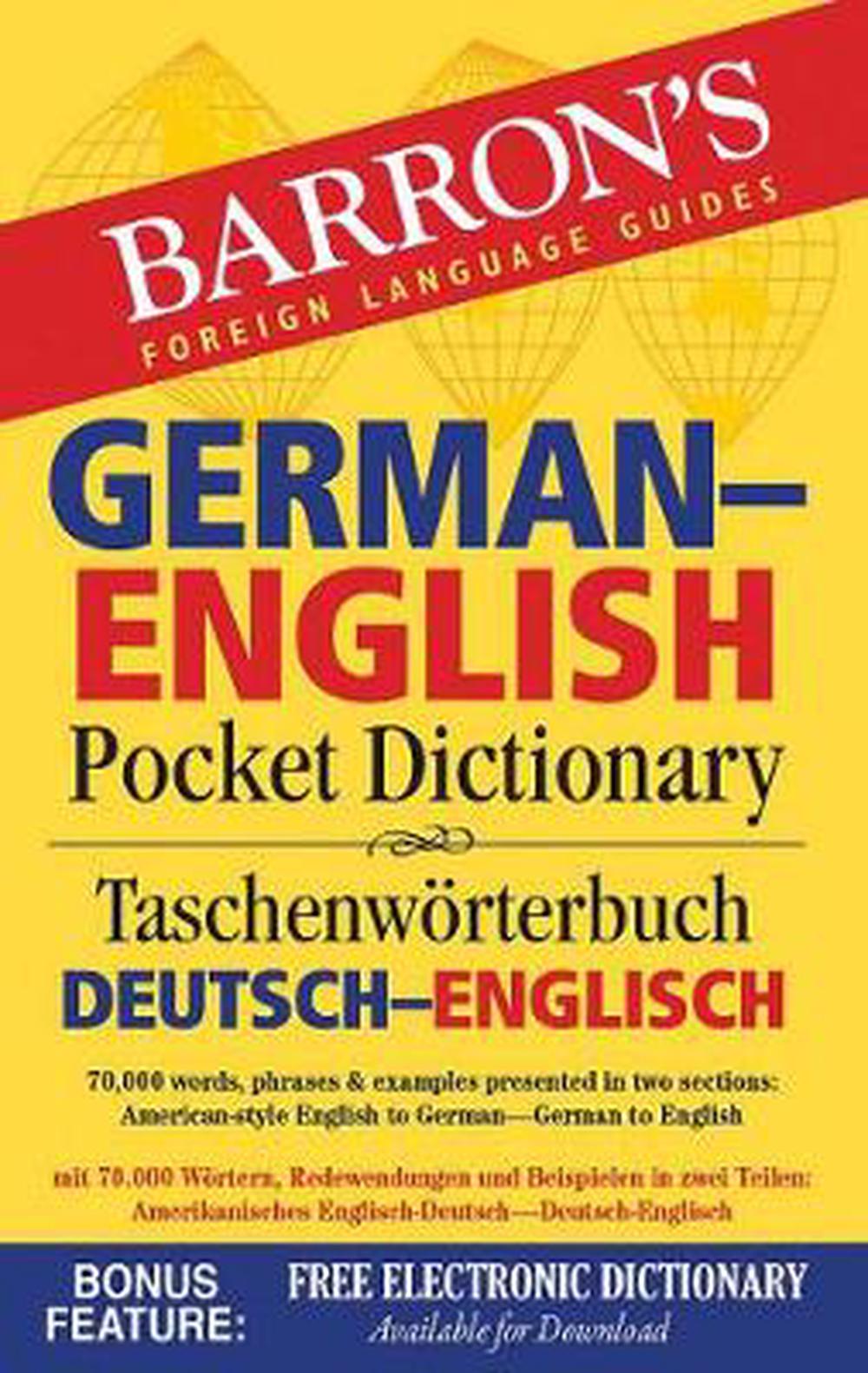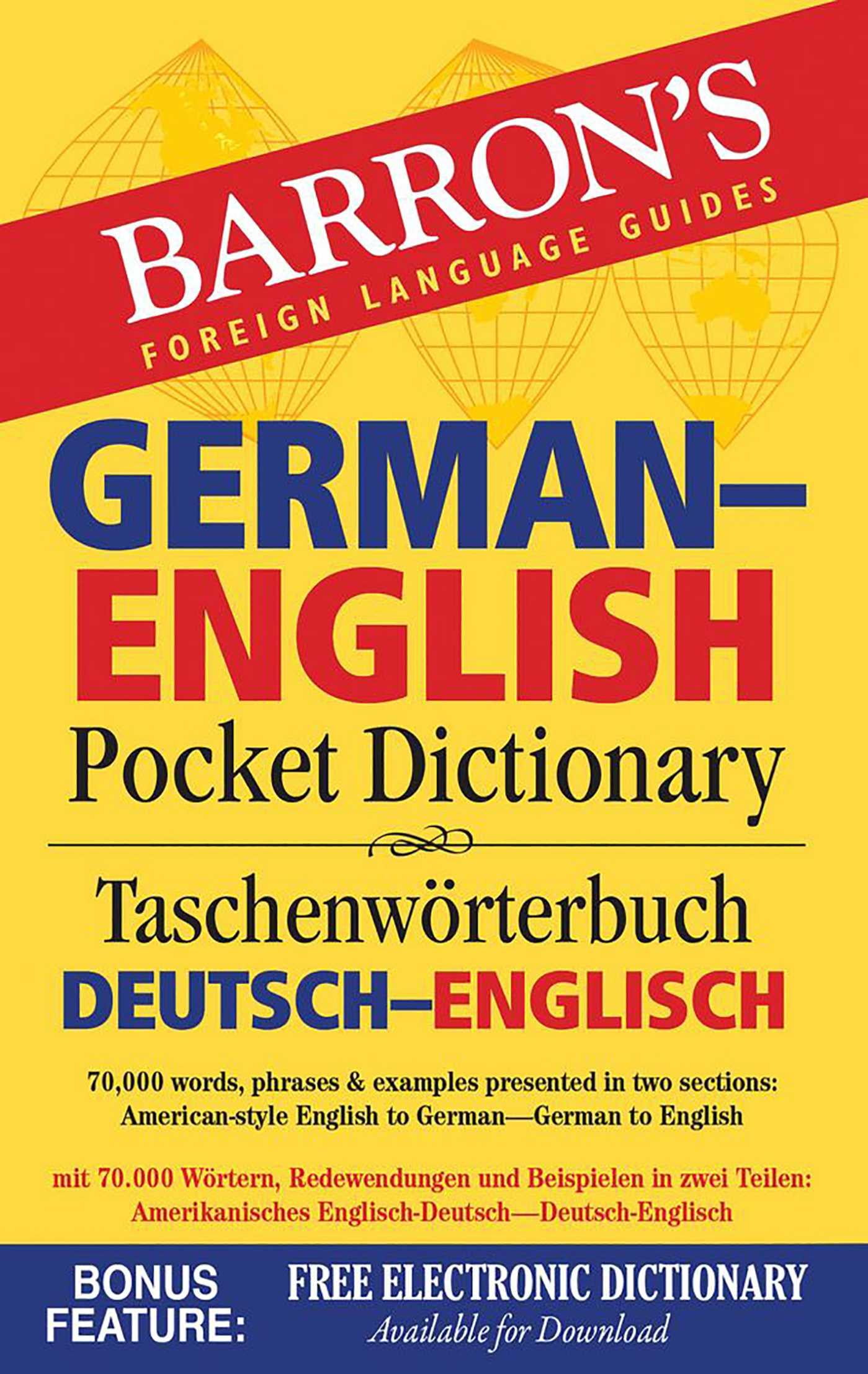

gestalt - literally meaning “shape,” this is an art term often distilled to “the whole is greater than the sum of its parts”.bauhaus - while many artistic movements have come out of Germany, this early 20th century architectural style might be the most successful.realpolitik - a philosophy of politics that focuses on practical rather than ideological concerns.antifa - meaning anti-fascist, from the German Antifaschistische Aktion.kindergarten - Kinder (“children”) + Garten (“garden”).kitsch - in English, this word refers to a kind of style that is gaudy or garish, but in German it originally just meant “trash”.wanderlust - the desire to travel and move around, though English speakers now use this word much more often than German speakers do.zeitgeist - Zeit (“time”) + Geist (“spirit”), roughly meaning “the spirit of the time”.Germany has had a wide-ranging impact on culture and politics, and you can see that influence just by looking at the German words that have been adopted by English speakers. hamburger - named after Hamburg, a city in Germany.bundt cake - anglicization of Bundkuchen.lager - a shortened version of Lagerbier, which means “warehouse beer” because it was meant to be brewed and stored for future consumption.pilsner - a kind of beer named after the German town Pilsen, which is located in the Czech Republic.frankfurter - a shortening of Frankfurter Wurst (“Frankfurter sausage”).biergarten - Bier (“beer”) + Garten (“garden”).

pumpernickel - a type of rye bread, though where the word comes from exactly is a matter of some debate.wiener (as in hot dog) - from Wiener Würstchen (“Viennese sausage”).seltzer - comes from the German village Selters.gummy bear - adapted from the Gummibärchen (“little gummy bears”) first made by German company Haribo.sauerkraut - sauer (“sour”) + Kraut (“cabbage”).Even if you know that, though, there might be a few on this list you weren’t expecting. It shouldn’t come as any surprise that a lot of the English words that are actually German refer to food and beer. schnauzer - from the German schnauzen, meaning “to growl”.rottweiler - a dog breed named after Rottweil, a town in Germany.poodle - from Pudel, literally meaning “puddle”.hamster - at one point in history, English speakers called hamsters “German rats”.Ironically, most Germans call this type of dog a Dackel today. dachshund - Dachs (“badger”) + Hund (“dog”).German animal names are a fascinating topic all on their own, but the few terms English has imported create a captivating little menagerie. English Words That Are Actually German Animals Sure, you know “gesundheit” and maybe even “kindergarten” are German, but what about “poodle” and “foosball”? Let’s dive into these German-English crossovers. You might be surprised just how many common terms in English come from German, though. After all, it’s a language famous for always having exactly the right word to describe things. It makes sense that English would want to borrow so much from German. There are even a surprising number of English words that are actually German, which we borrowed a bit more recently. English is a hodgepodge of vocabulary taken from Latin, French, Spanish and a huge number of other languages. You would think that means that English and German would have a ton in common, but language is never so simple. That means it comes from the same root as German, Norwegian, Danish and a number of other languages.


 0 kommentar(er)
0 kommentar(er)
